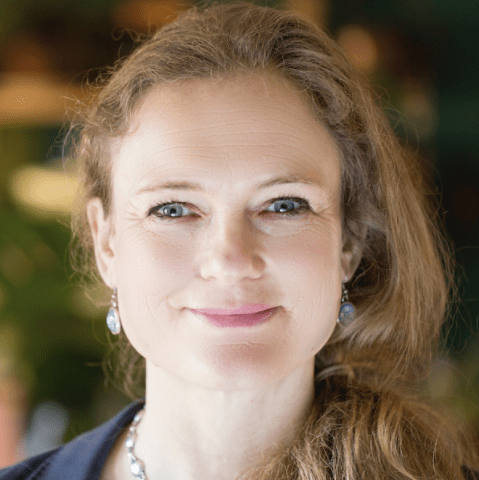“Money is probably the most emotionally meaningful object in contemporary life: only food and sex are its close competitors as common carrier of such strong diverse feelings, significances and strivings.” David W Krueger, author.
Anything important in our lives is emotional. Our relationships are emotional, our work is emotional, and so is our money.
One of the misconceptions about money is that it’s all numbers, logic and maths. We believe there is a mathematically-correct answer for questions such as: “Should I buy a house or rent one?” or “Do I take this job?” or “Could I negotiate a higher salary?”
Yes, doing the sums can help you answer these questions, but there’s no fool-proof formula to making money decisions.
And this is because money goes straight to the heart of who we are and who we think we are – which is why it can be so emotionally charged.
To give some context, currency was invented as a representation of value, so keep in mind, our beliefs and taboos about money aren’t typically about pounds and pence.
“Money is about status, access, comfort, freedom, interdependence, trust, loyalty, betrayal, fairness, and more. Money is tied to our sense of self-worth and our feelings of power and powerlessness.” Esther Perel, psychotherapist.
In fact, our relationship with money is almost never about the numbers
It's about the stories we tell ourselves because of those numbers. Each of us has come to believe certain stories based on our upbringing and our experiences with money: stories about who we are and who we're not; stories about what we can and cannot do in the world.
How your family thinks about money will have had an impact on you. Unless someone close to you has a different style, you might never question it. It may remain at the edges of your awareness, but driving much of your behaviour and affecting your client conversations.
The stories we tell ourselves because of those numbers are incredibly private. Are we using money to shore up our sense of self, if we, at some level, don’t feel good enough or feel deficient in some way? For example, many of us will buy things to feel better about ourselves – thinking we can buy or display our way out of a bad patch.
Financial success is often interpreted as proof that we’re 'doing well', and even more so, that we’re 'worth something'. Whereas financial failure can feel like we’ve failed at life itself.
It’s an odd thing, that even though money is so central to our culture – the relationship we have as individuals with it – often goes relatively unexplored. I believe, as advisers, it’s important that you've reflected on your own money story. If you’ve always been a saver and your client is a big spender – how confident are you that you can create and hold a space which is free of your own judgement?
Part of the reason, we, as humans, don’t often talk about money is that we fear being judged. When a number is on the table – be that a salary, cost of a wedding or an inheritance sum, judgement follows and we can feel vulnerable. And we hate feeling that.
Of course, a client may not share such private information in a first meeting; that trust needs to be earned. They’ll be assessing how psychologically safe they feel, whether you have their best interests at heart and whether you respect them.
So what can you do and how can you be - to ease any discomfort and allay potential fears in your client? Those are some of the questions we answer in the Finesse your First meeting training programme. And in my session as part of the Illuminate live events taking place over the next few months we’ll be focusing on how to build psychological safety in your first meeting so you can turbo charge rapport.
You can book your place here. And find out more about what I'll be covering in this short video.

